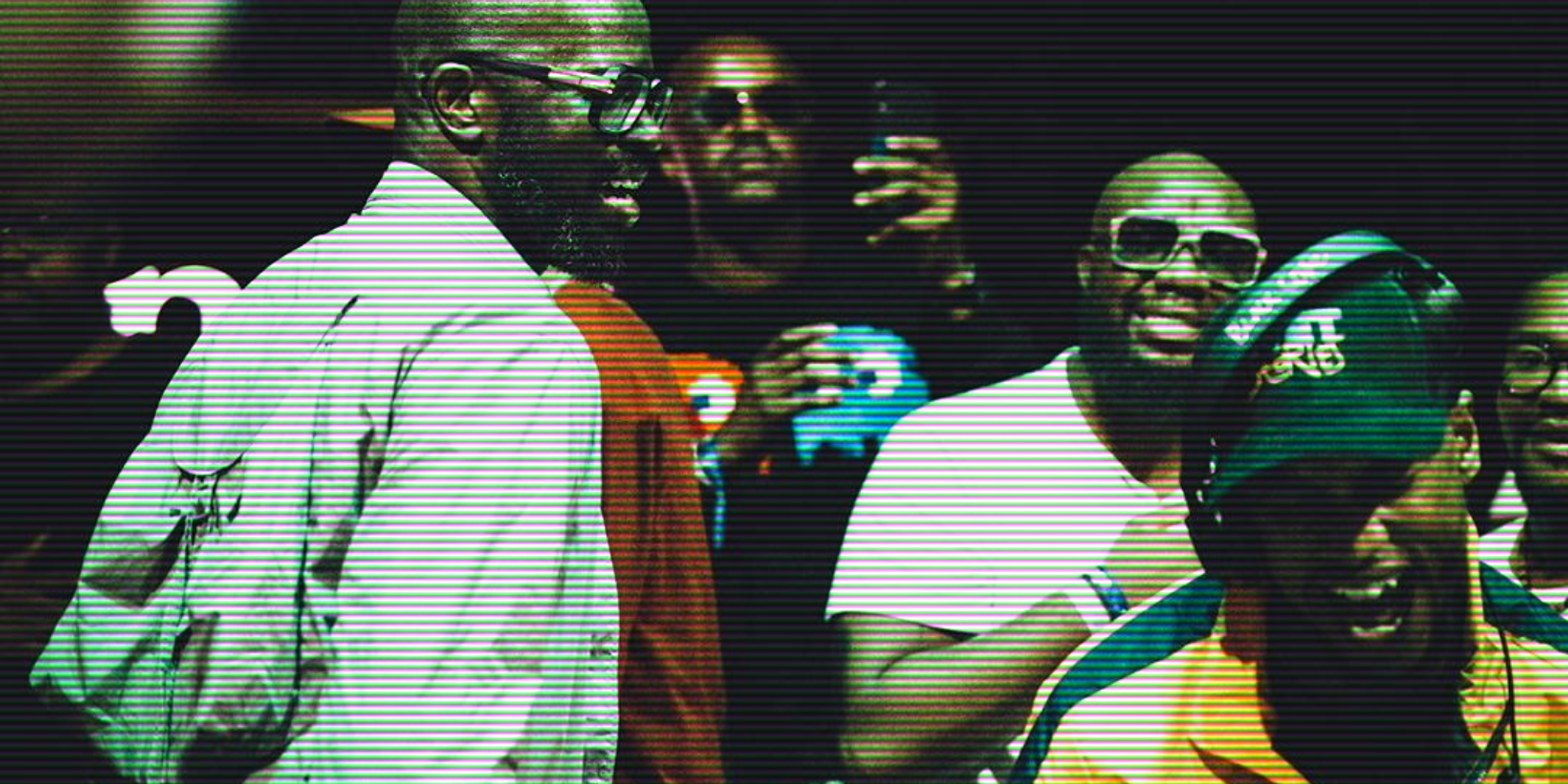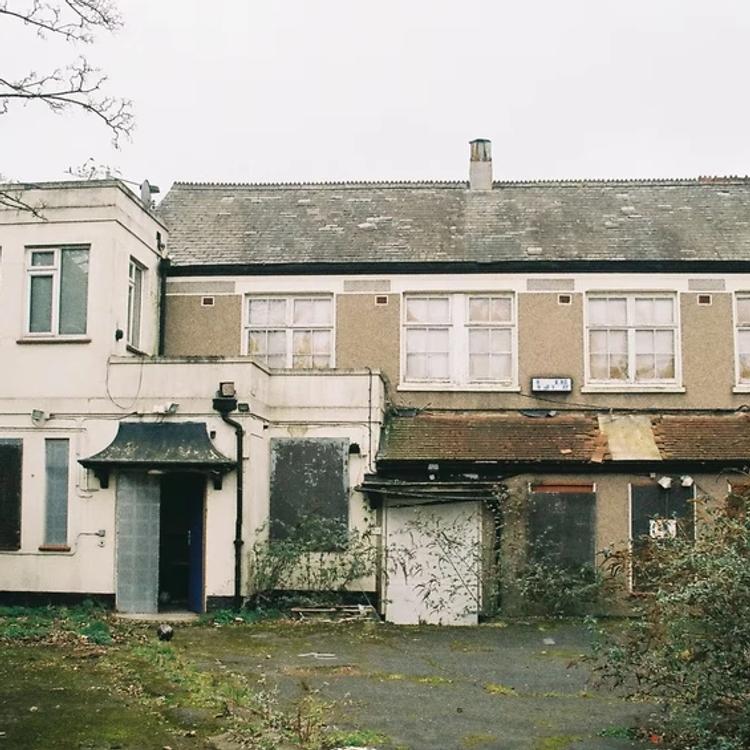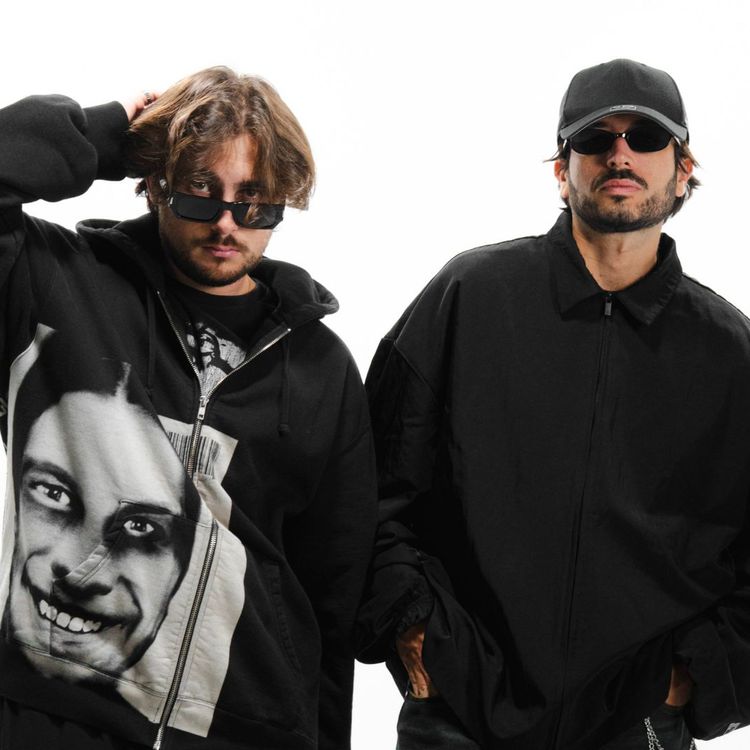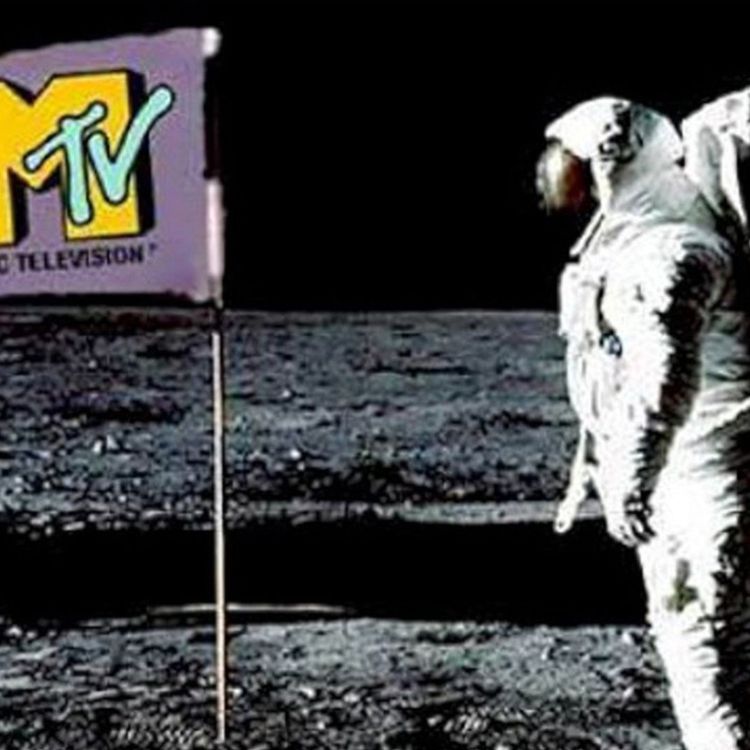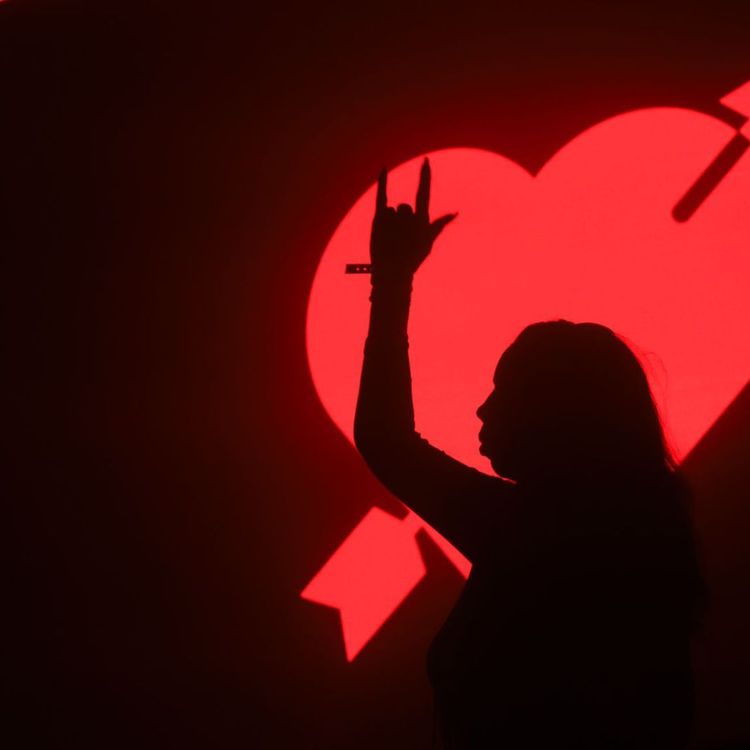Let's Talk About Afro House
Many people who have heard Afrohouse describe it as "spiritual." It sparks uninhibited self-expression, euphoria, and freedom, touching the deepest parts of its listeners. Afrohouse is the African subgenre of house music that started as a niche underground genre involving elements of tribal house, deep house, and the beautiful sounds of soulful music. Pretoria, Soweto, Johannesburg, Durban, and Cape Town in South Africa are widely considered Afro House's roots and come with their incredible unique beats and sounds.
Dance music from South Africa holds a deep-rooted sound based on African history. It carries the voice of its people—pain, suffering, and the hardships of daily life, but also celebration, romance, love, and joy. The music is a feeling that tells a story and takes listeners on a journey.
Soulfulness, percussive compositions, rich tones, and a profoundly touching emotional intensity characterize Afrohouse. The sound is defined by voices, ranging from soothing vocals to African ethnic chants. The BPM fluctuates between 80 and 122. This is known as "allegro, the heartbeat tempo" and is an essential technique to hit that sweet sound spot.

Shimza
Courtesy Artist
Afrohouse—like the rest of dance music's broad swath of genres—has a patchwork of subgenres such as tribal house, Afrotech, and ancestral house.
Some of the current heavy hitters in the Afrohouse scene taking the indigenous genre to the global stage include South Africa's Black Coffee, Black Motion, Caiiro, Prince Kaybee, Sun El Musician, Zakes Bantwini, Shimza, Simmy, and Kenya's Suraj.
Moblack, RISE, Aluku, and DM.Recordings are some of the European labels that have given African dance music more international exposure. Major companies in the United States, on the other hand, have been slow to nurture native talent, typically signing local artists only after they've gained international attention. This has resulted in a self-sustaining underground sector, with many Black-owned businesses and young celebrities becoming wealthy, but systemic privilege remains.
The west often exoticizes the genre. Western spectators often mistakenly believe that "genuine" African dance music includes indigenous chanting or tribal rhythm. This occurs because most individuals have just a rudimentary awareness of the range and depth of South African music. One of the most common reasons is how brands in the Western world mediate culture. Many African artists are only given attention through a limited lens that focuses mainly on the more popular acts.
African dance music is already mutating, with dynamic styles like Amapiano swiftly gaining traction worldwide. Future generations of African artists will continue to be inspired by the global reach of Africa's electronic music. Many people believe that Afrohouse has hit its pinnacle, but it is a genre that has the potential to be internationally recognized in the next few years.
